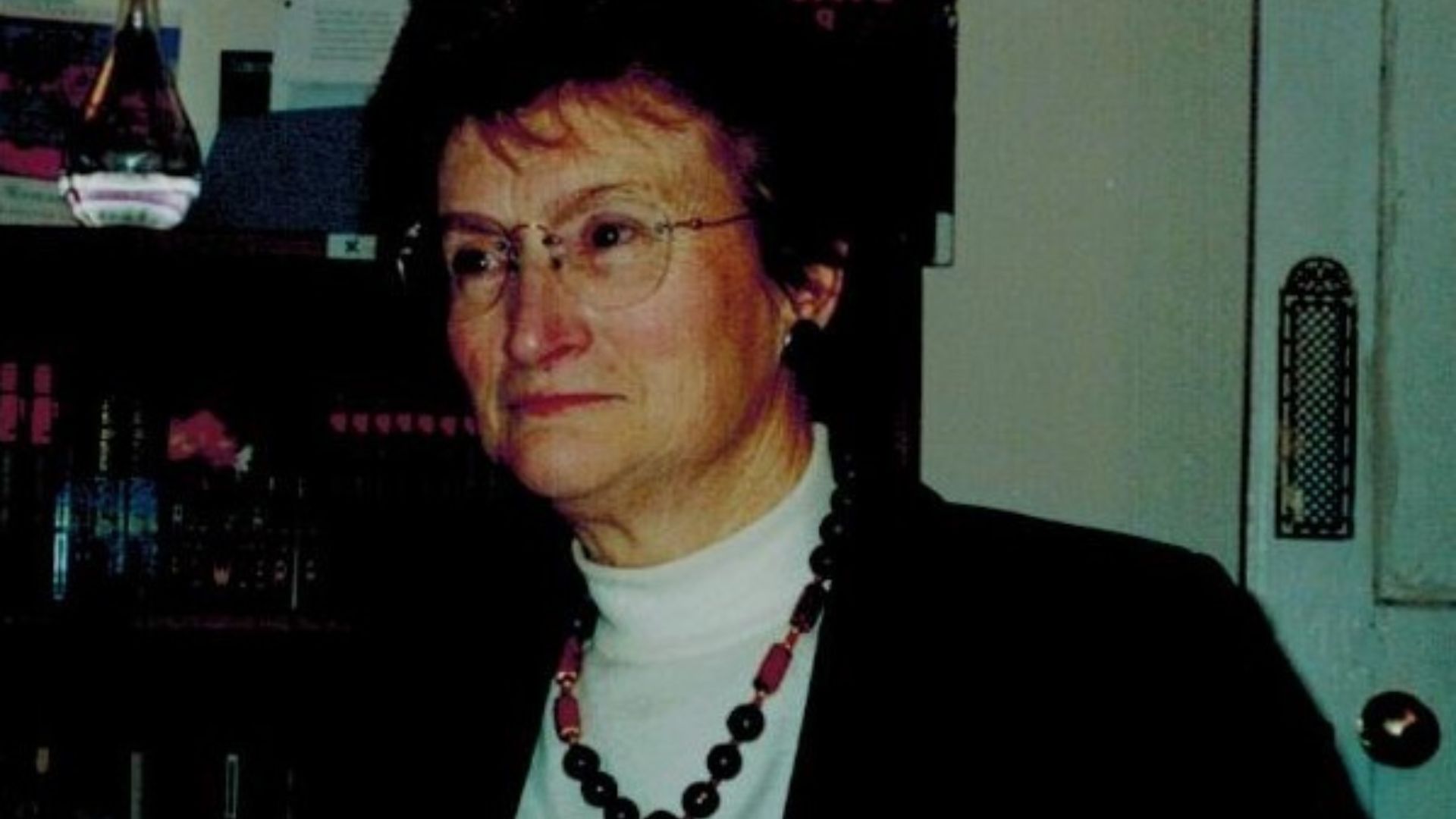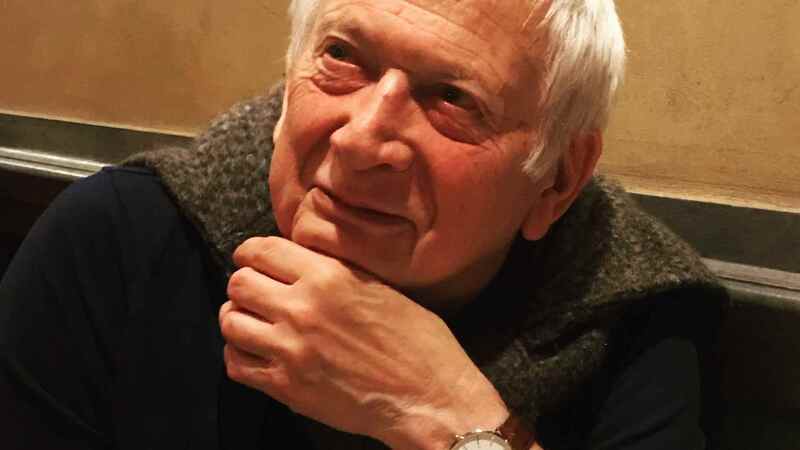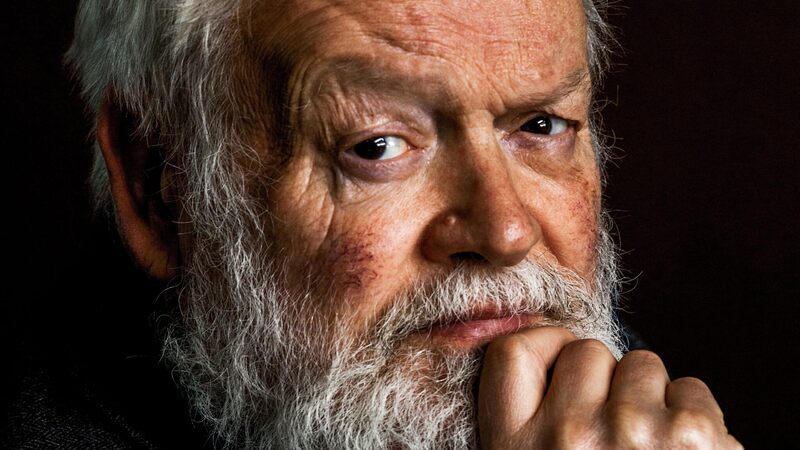You are viewing your 1 free article this month. Login to read more articles.
Obituary: Sheila Watson
Sheila Watson, co-founder of Watson, Little has died aged 92. Mandy Little, chairman at Watson, Little writes:
A graduate of King’s College London, Sheila joined Heinemann (now part of Penguin Random House) in 1950s gentleman-publishing before moving to the Pearn, Pollinger and Higham agency (now David Higham Associates) as a secretary. That was how women started in publishing in those days. She was promoted to handling foreign rights and then contracts before taking over part of Paul Scott’s (the author of The Raj Quartet, televised as “The Jewel in the Crown") list when he became a full-time writer. The rest of his list went to another agent, David Bolt, and after 12 years the two of them left Higham in 1971 to set up their own agency, Bolt & Watson, taking virtually all their clients with them. After so thorough a training, Sheila became a formidable agent, handling such clients as Dennis Enright and Lynne Reid Banks, to name but two. When – after another 12 years – David and Sheila decided to split their agency, I was promoted; she and I became Watson, Little.
Sheila was an agent for more than 50 years and she was a wonderful person to learn from as the high standards of the early days of her training never faltered. But she was modern too, welcoming the greater presence of senior women in the industry as the years went on. Alongside her considerable and wide-ranging adult list, she also handled children’s books – Jean and Gareth Adamson’s Topsy and Tim series, for example – but was careful about what she chose to represent. Ahead of her time, she told me that we should never be handling the kind of title where the boys were having all the fun and the girls were standing around telling them how wonderful they were. And the grammar and spelling had to be immaculate as children learn from anything they read of course. Her own grammar was exceptionally good and I gave her a mug a few weeks ago for her 92nd birthday which said, "I am silently correcting your grammar" – only in the office there was nothing silent about it!
The many changes Sheila witnessed in the publishing world up until her retirement in 2005 didn’t necessarily strike her as beneficial to the author. She was concerned authors were gradually becoming something of a commodity rather than individual talents to be nurtured and she fought against that. She leaves behind a legacy of lasting values we shouldn`t forget. Some people were in awe of her but those who knew her well would spot a twinkle in her eyes and at times hear a shout of laughter. Her clients trusted her implicitly and behind that sometimes-fierce persona was not only a champion author supporter but a honed intellect and a kind, loyal friend. We shall miss her more than I can say.













